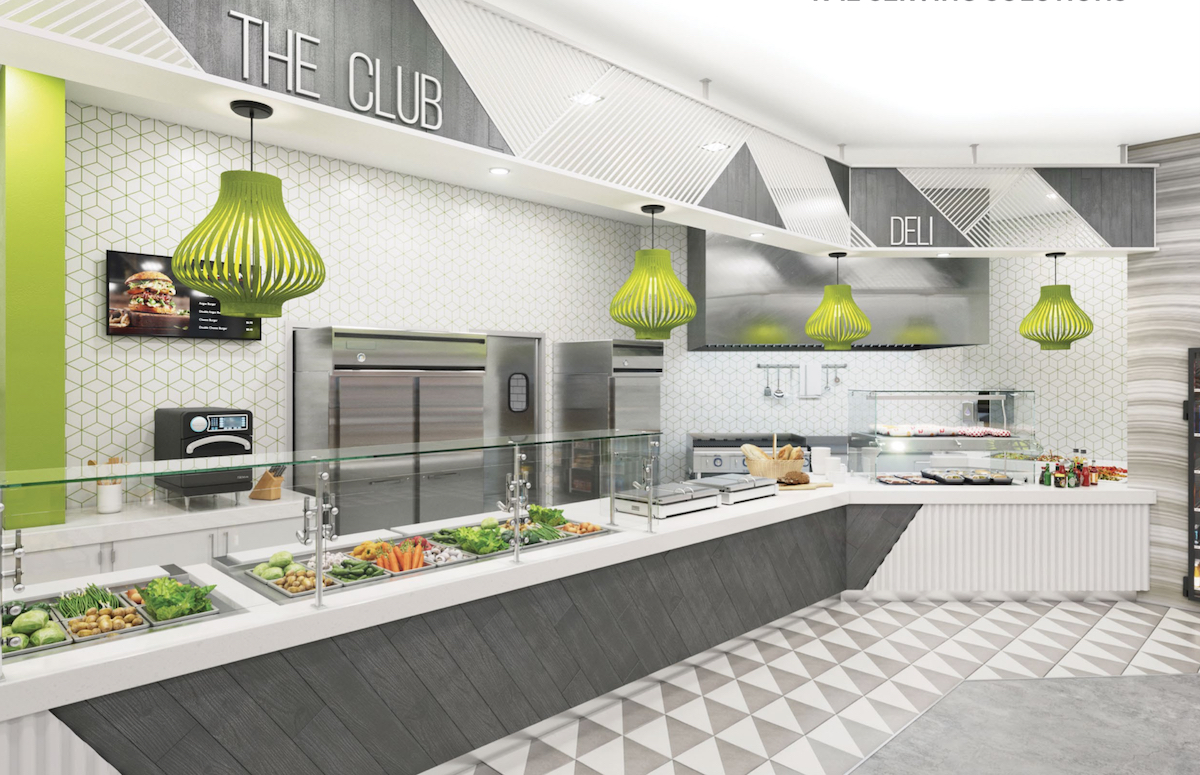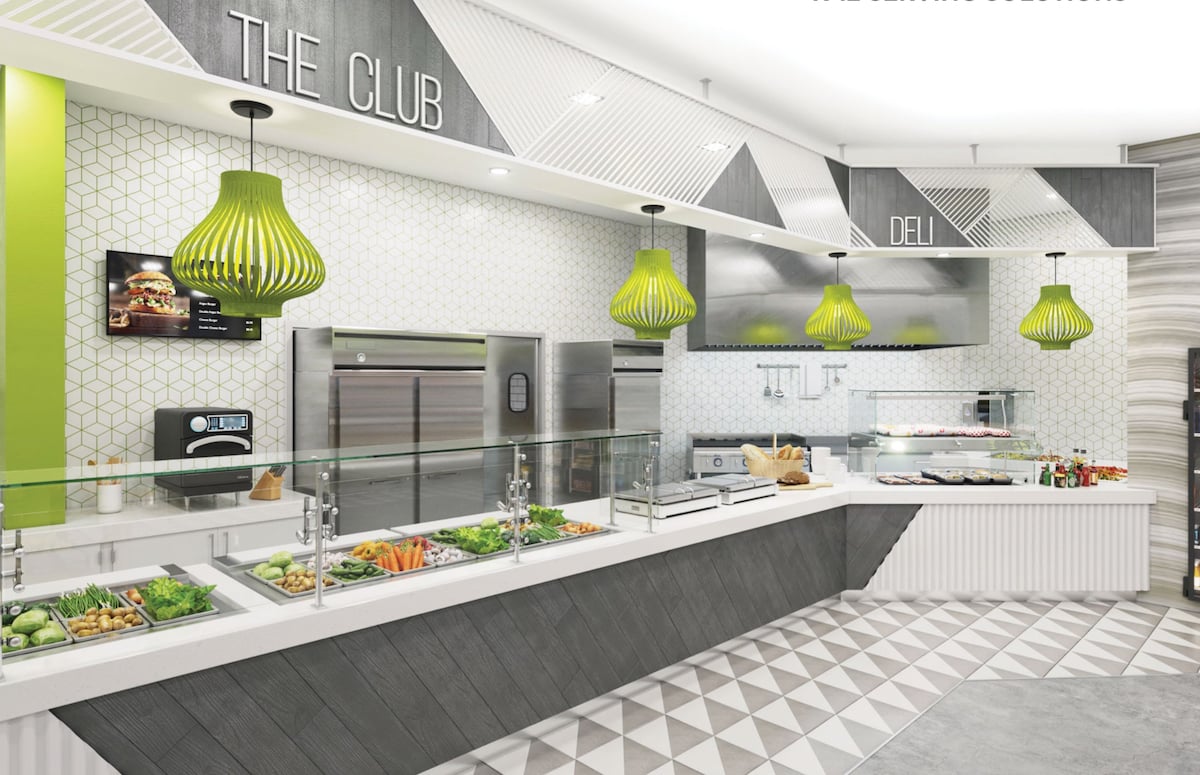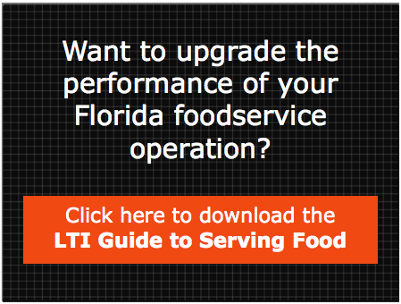4 Examples of Cutting-Edge Serving Station Designs
Serving stations have one key job to perform: giving diners access to food in cafeterias and buffet-type applications. While this goal may seem simple to achieve, it often becomes far more difficult in practice. A combination of poor layout and outdated technology may lead to a range of problems, from line slow-downs to improper temperature control.
To combat these challenges, operators should consider some good design solutions, as well as new and innovative technologies. Let's take a quick look at four examples from LTI that can help transform your serving line into one that's "cutting edge."
Countertop-Flush Cold Pan Displays
The cold pan displays used in salad bars and similar serving stations have two different goals to achieve: keeping food items fresh while still allowing customers easy visibility and access. With poorly designed stations, these two goals often work against one another. In other words, a station designed to keep food fresh often impairs clear sight lines, while pans with great visibility can allow products to dry out along the serving line.
The LTI Solution: The TempestAir cold pan display balances these two needs thanks to its countertop-flush display. Meanwhile, cold air circulates around the bottoms of the pans from below, ensuring that all of the contents remain at a safe temperature. Eliminating the need for recessed food pans makes it easier to see what's in the display. LTI even offers the further option of a sloped pan to increase ease of access.
Temperature Flexible Food Wells
In most serving stations, hot and cold wells remain strictly differentiated. Often, a well that is designed to keep hot food hot cannot be used to refrigerate cold items, and vice-versa. This kind of rigidity makes it difficult to accommodate menu changes, as well as transform a serving line during periods of the day, such as breakfast to lunch menus. Certain parts of your serving station may even be completely unusable for certain meals.
The LTI Solution: LTI now offers a revolutionary solution to this classic problem in the form of their QuickSwitch technology. QuickSwitch allows every countertop serving to be independently controlled. Every one of those wells can accommodate a range of temperatures -- from hot to frozen -- changing between each state in 60 minutes or less.
Ceramic Glass Display Shelves
QuickSwitch technology also comes in another form: ceramic glass shelving. These flat panels allow unwrapped or individually packaged items to be heated or frosted inside classy glass, display cases, thus eliminating the need for food wells entirely. These shelves offer a striking way to display pizzas and similar items.
The LTI Solution: LTI uses a special type of black speckled glass to create the surface of the display shelf. This glass easily hides surface scratches, ensuring the display remains just as attractive for years to come. These display shelves come in two different lengths — 28" and 42" — to accommodate whatever your needs may be.
Energy Efficient Hot Wells
Not all food wells need to shift from hot to cold items — for instance, food wells located near grills or other dedicated hot-food cooking stations. Traditional hot wells often pose drawbacks in terms of their energy usage, consuming huge amounts of electricity over the course of the day. Many hot wells also have to be used with water, which presents an additional degree of cost and hassle.
The LTI Solution: LTI's ThermalWell line of products effectively does away with both of these drawbacks. ThermalWell technology provides more than adequate performance while consuming only half the energy of other hot wells. Furthermore, the silicone heat blankets used in this technology can work with or without water, offering another way to cut down on utility costs.





